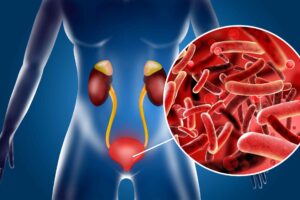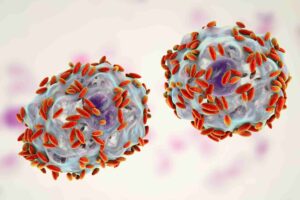Gynecology
Gastroenterology, Events
Johan van Hylckama Vlieg, CSO and Co-founder of Freya Biosciences, discusses the latest advancements in microbial immunotherapies for women's health.
Gynecology
The findings of a recent study suggest that in bacterial vaginosis, certain vaginal microbes disrupt the protective glycans on vaginal epithelial cells, altering processes that mediate cell turnover, death and…
Gynecology, Infectiology
The findings of a recent study indicate that effective treatments for recurrent UTIs may require the ability to penetrate human tissues.
Gynecology
The findings of a recent study suggest that a mother’s gut microbiota influences fetal health by promoting placental growth and vascularization.
Gynecology, Pediatrics
Larger studies with longer follow-ups are needed to assess whether and how VMT influences neurodevelopment.
Gynecology
The findings of a recent study suggest that there is a causal link between the gut microbiota and infertility.
Gynecology, Pediatrics
The findings of a recent study suggest that vaginal seeding is safe and may normalize the gut microbiota in infants born by C-section.
Gynecology
The findings of a recent study suggest that combining Lactobacillus probiotics with nanozymes can help treat Candida vaginitis and help the growth of beneficial vaginal microbes.
Gynecology
The findings of a recent study suggest that vaginal bacteria can spread to the urinary tract of men and reshape the male urethral microbiota.
Gynecology, Pediatrics
The findings of a recent study show that a mother’s vaginal microbiota does not affect infant gut microbiota composition and development.











